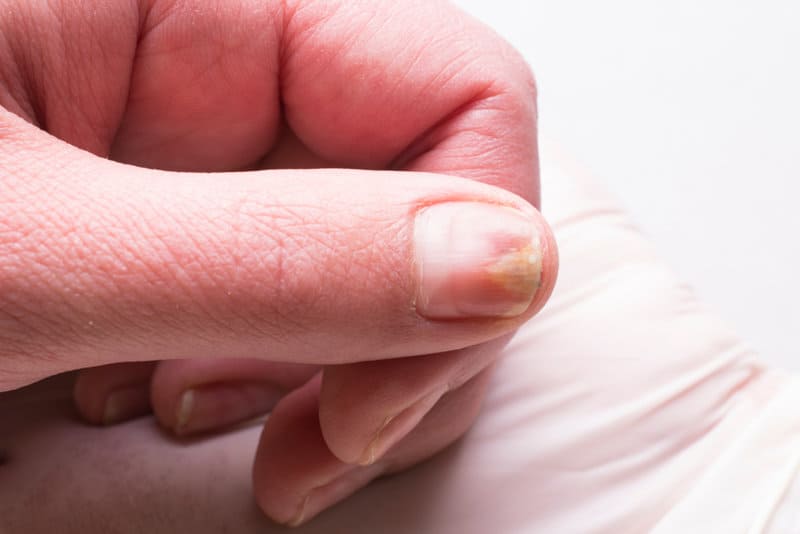It might seem normal to feel exhausted after a long day at work or have swollen feet when you’ve been standing a lot. While these are common ailments that could mean nothing, sometimes they are clues that something much more serious is wrong with your body. But, how do you know which of these are everyday ailments and which of them point to needing to visit a doctor? Below, we’ll take a closer look at signs your body is trying to warn you of things and why you might not be listening.

Nail Pitting Points to Arthritis
Around 50% of people with rheumatoid arthritis experience nail pitting or other nail lesions, in addition to the stiff joints the disease is known for. Nail pitting is small indentations that happen along the nail. They cause breakage as your nails grow out. Nail pitting is also a common symptom in people who have psoriasis. This happens because of inflammation in the nail matrix that your nails grow from. Inflammation interrupts healthy growth. Since you can track periods of healthy and unhealthy growth, monitoring nail pitting can also be a useful tool in tracking the intensity of your disease.
